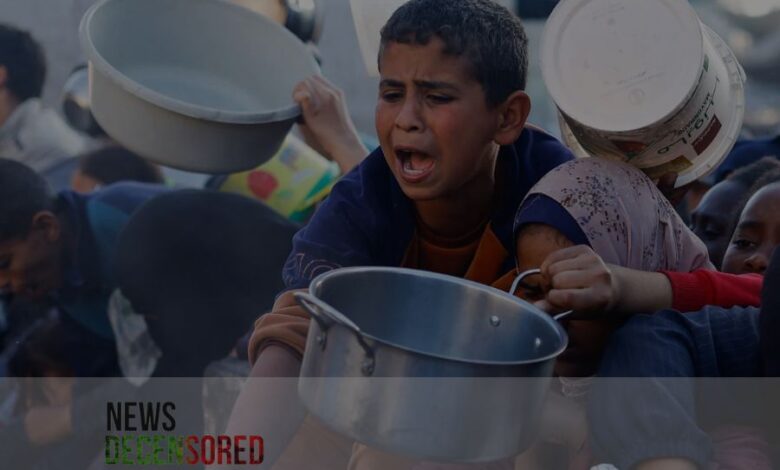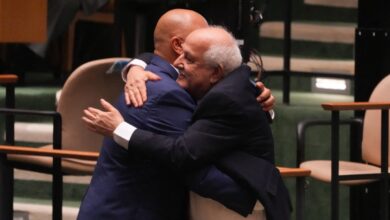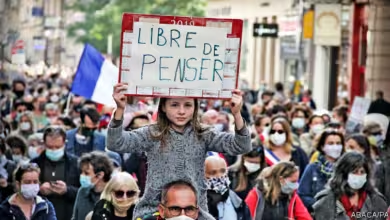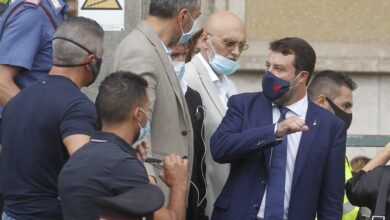“A Ramadan that no Palestinian will forget”

In the streets of Nablus and Al-Bireh, whenever I was able to sneak through the illegal checkpoints, in the streets of occupied East Jerusalem, I felt for the first time the purest form of Ramadan and realized the true meaning and purpose of my religion.
There I realized that Ramadan is more than just fasting and prayer, it is a memory of the strength of our faith, and a celebration of the resilience of our people.
In those occupied streets, under constant threat of aggression, but filled with hope and children’s laughter, I realized the unique beauty of the sound of the call to prayer and the quiet wisdom of being a Muslim.
This Ramadan, I am not in Palestine. As I break my fast at every sunset with the images and sounds of the ongoing destruction of my homeland playing out in my mind, I am shocked to think about what Ramadan now looks like for my beloved people.
People of Gaza who did not eat breakfast for more than five months. Israel is still preventing aid from reaching the most desperate people, and people are still cooking grass to have something or anything to break their fast with.
All the children and infants suffer from malnutrition, and dozens have already died from lack of food and clean water. Everyone in the besieged enclave has lost someone, but they are not given the time and space to even breathe, mourn and process the trauma they have experienced. There is no intact mosque left, nor a safe place for collective prayer. In fact, Gazans continue to be subjected to constant bombardment.
Even those who tried to seek refuge in Rafah, the last so-called “safe zone” in the besieged enclave, were still threatened by a ground invasion – an invasion that would undoubtedly kill and maim thousands more innocent people.
Ramadan has certainly not been carefree for Gazans in years – due to the ongoing Israeli blockade, many parents were going without food in this holy month to feed their children long before this genocide began. However, death and destruction have never been so close, and fear for the future so acute in this beautiful land, during any Ramadan, ever.
For West Bank residents, Ramadan is not what it used to be.
To be sure, Ramadan was never a direct affair in the occupied territories. Palestinians in the West Bank are not only suffering from the genocide of their brothers and sisters in Gaza, but they are also trying to survive constant attacks by settlers, police and soldiers.
Ramadan after Ramadan, the Palestinian people were tested. But the Palestinian spirit will endure after the tyranny of the occupation. As I watch Gazans perform Friday prayers amid the ruins of their community, I remember what resilience means: that you can destroy a house or a mosque, but never one’s faith. I often imagine what Ramadan would be like if Palestine had not been occupied. Maybe I will break my fast with the children of Gaza who are no longer here. Maybe I will make kunafa, my specialty, in the mountains of eastern Nablus, on land stolen from my grandfather, who never saw freedom.
One thing that is important to mention is that Ramadan will not be the same next year and in every year of Ramadan my prayers will be not only for myself but for my beloved and honorable martyrs who are not able to pray for themselves anymore. I will pray for my guilt not to help save them. May Allah have mercy on our martyrs.




